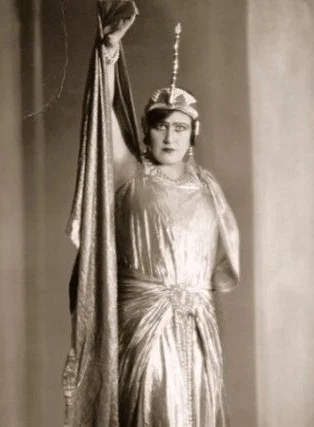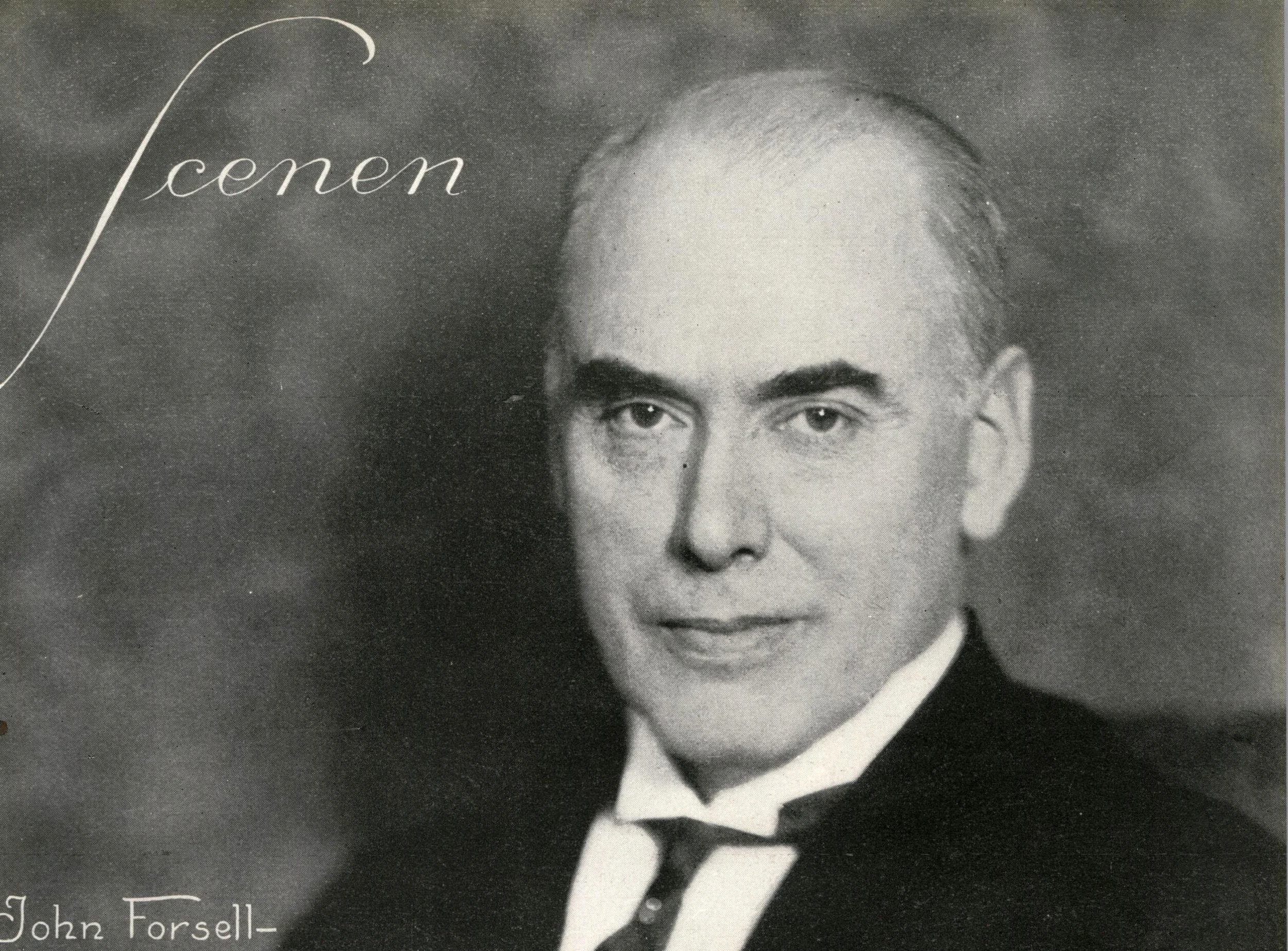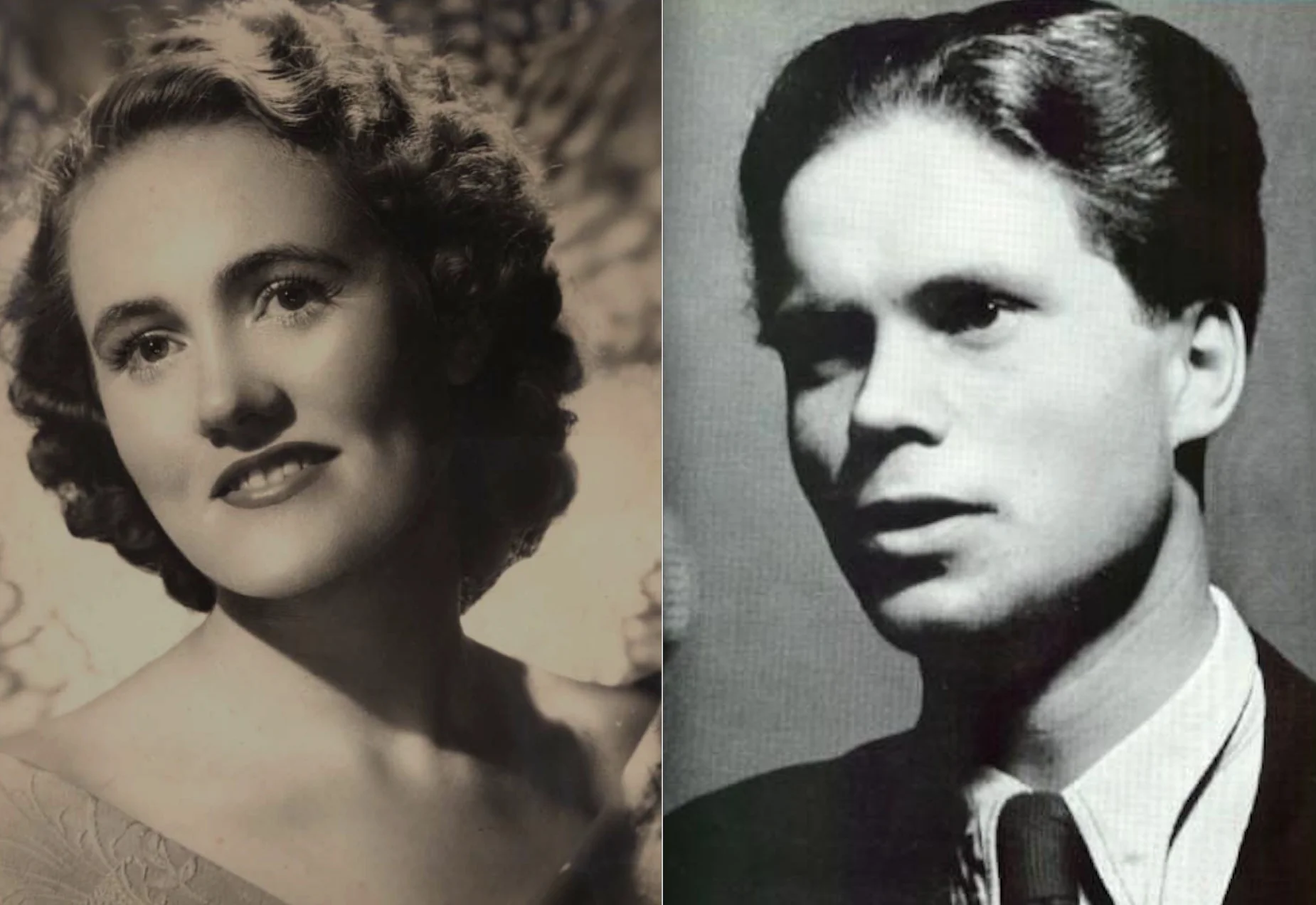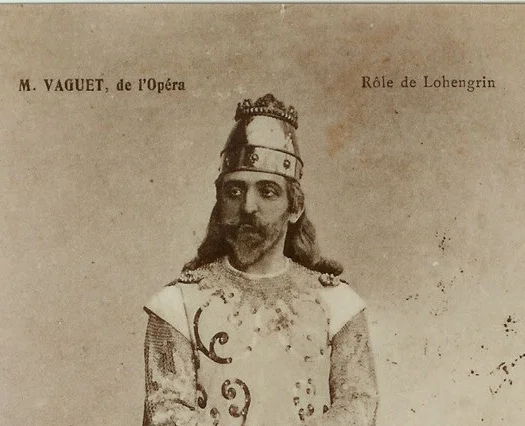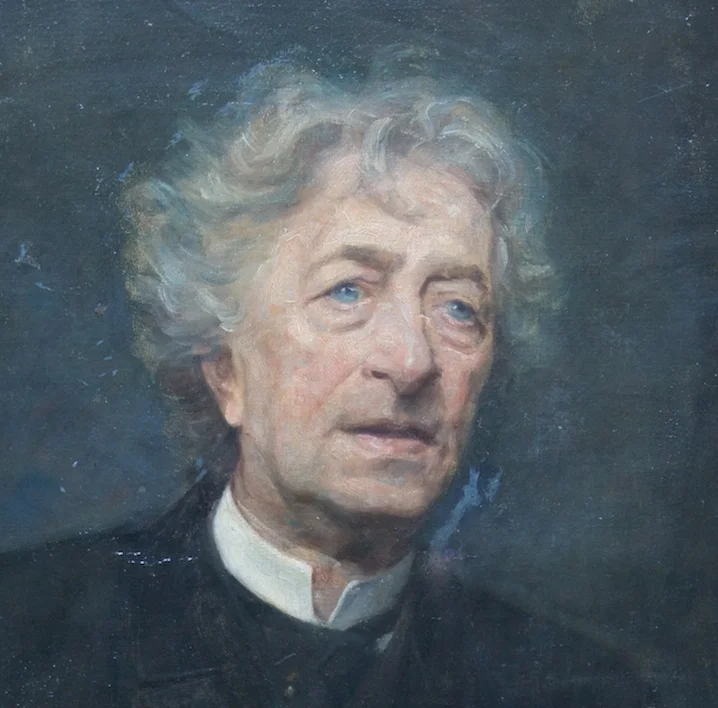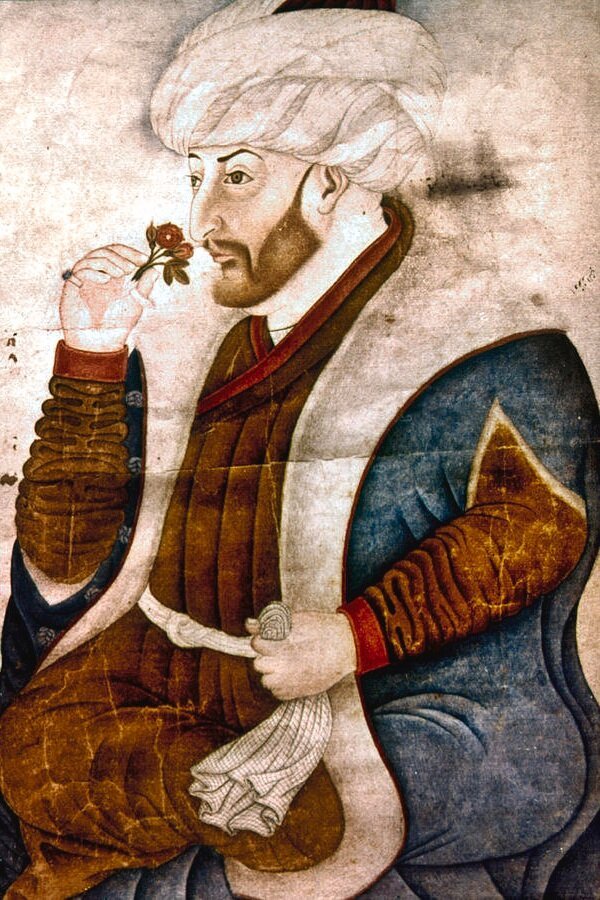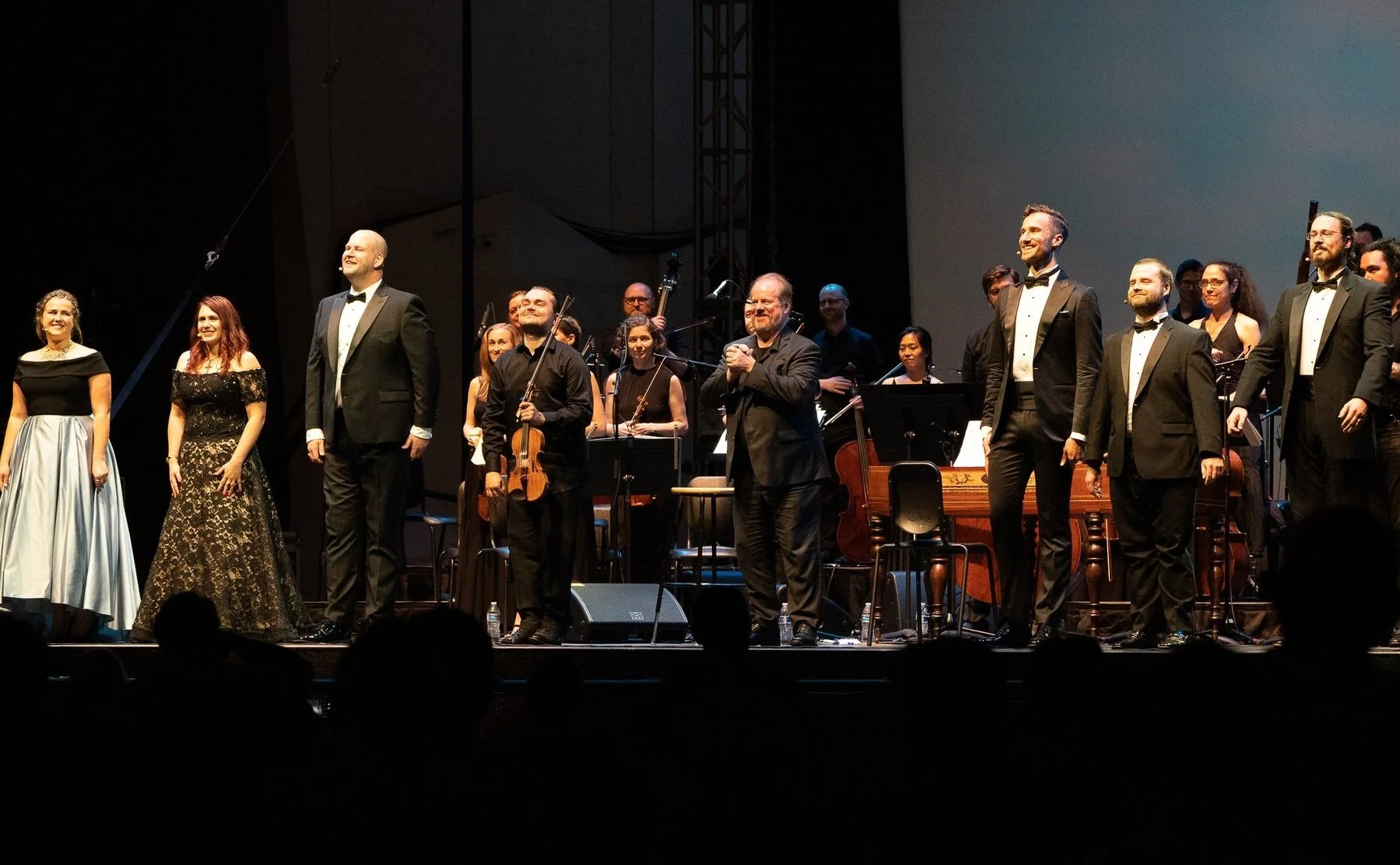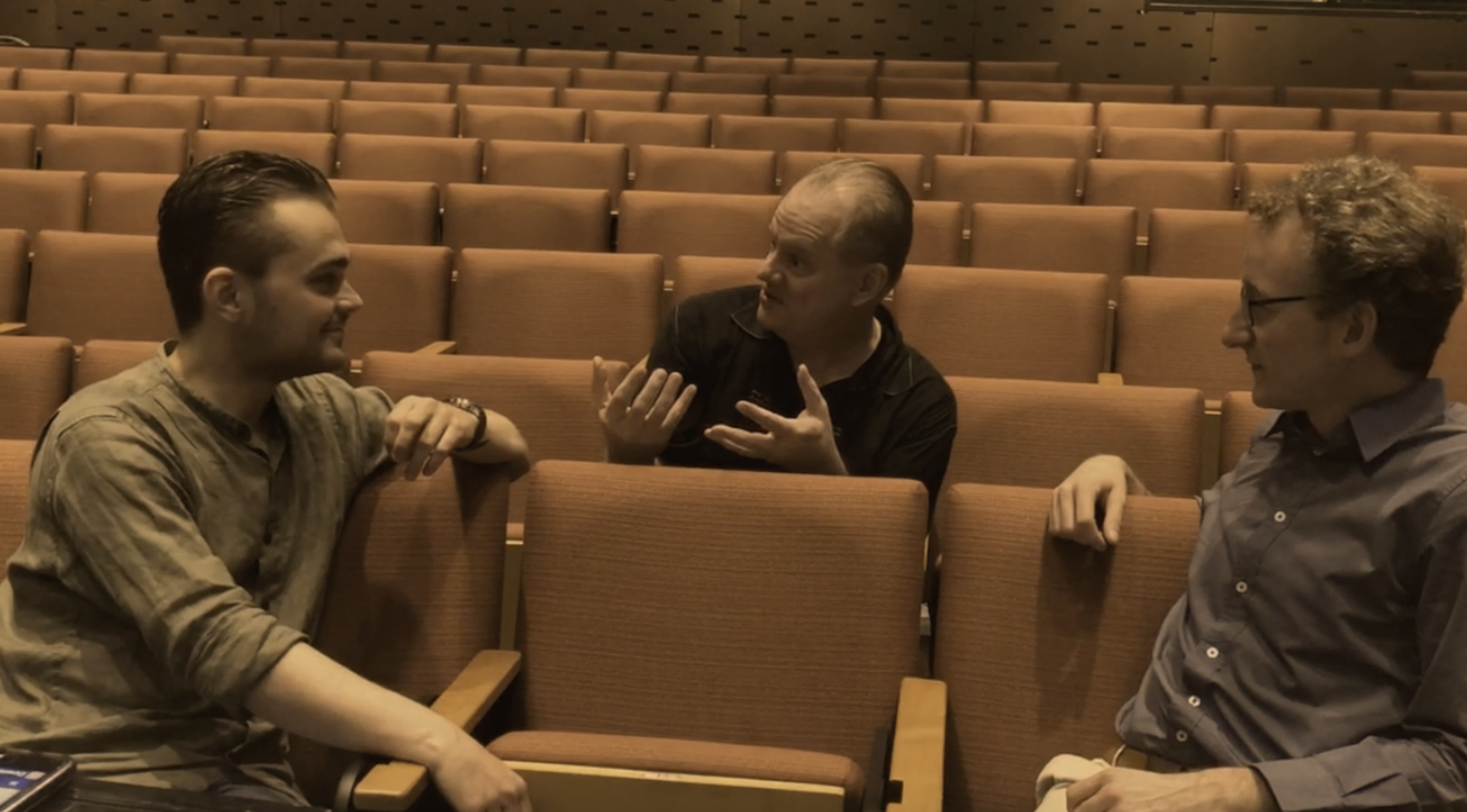Black Lives
Throughout America - throughout the world - all minds are on Black Lives Matter and the extraordinary protests that have welled up in the past ten days or so. It doesn’t seem right to focus on anything else this week - and yet in the operatic niche covered by this series, “acoustical” recordings before the era of the microphone, black names are almost completely absent.
Almost, but not quite. When electrical recording began in 1925, two young African American stars were in their early vocal prime - Marian Anderson and Paul Robeson - and their hundreds of records form an unforgettable, unforgotten legacy. But they were not the very first.
The full history of early African American participation in “classical” music is still waiting to be written - and will be full of surprises when it is - but this is neither the moment nor the space for an essay. Instead we simply present a few precious voices captured by the primitive recording horn - reminders of black lives that might have been lived in part (or in greater part) on our operatic stages, if they had been allowed the opportunity.
Hayes - Label of privately funded Columbia record
Only two of their names remain famous. Roland Hayes (1887-1977) had a long concert career, and was still performing and recording into the 1960s. The vocal style he developed over those years does not suggest opera, but a rare disc from 1919 shows how he might have gone in another direction. (Like many at the time, Hayes could not yet get a formal recording contract; he had to finance his own discs and sell them at his concerts.)
Henry T. [Harry] Burleigh - Detroit Public Library
Henry T. (Harry) Burleigh (1866-1949) is not remembered so much for his singing (though he sang in public all his life) as for his published musical arrangements. A student and assistant of Antonin Dvorak, he was among the first to wed the traditional songs of African Americans with the European concert tradition of piano accompaniment. Burleigh made only one record, did not like it, and declined to try again. But his importance to history is so great that it is worth listening past the nervousness and tension he felt in the studio to hear the voice that first acquainted Dvorak with the music that most moved and influenced him during his long American sojourn in the 1890s.
Florence Cole-Talbert (1890-1961), Antoinette Garnes (dates unknown; active by the late 1910s), C. Carroll Clark (1885-unknown), and Anita Patti Brown (approx. 1870-1950) did not reach such widespread fame, but their art and recordings have been rescued from oblivion by historians and collectors. All would have been valuable operatic artists if the still-segregated opera world had permitted them more than a few scattered appearances in secondary theaters. (Listen especially to the calm, roomy top G near the end of Clark’s record and the fearless trills and free rhythm in Brown’s.)
Florence Cole Talbert (as Aida or Selika)
Antoinette Garnes
C. Carroll Clark - Publicity photo
Anita Patti Brown in 1921
Brown, like Hayes, had to pay for her own records and market them on spec - but the other three above sang for Broome Special and Black Swan, two of the first black-owned record labels. What little is known about the singers and labels alike can be read in a fantastically researched book by Tim Brooks, Lost Sounds (University of Illinois Press, 2004), whose subject is the earliest African-American recording artists (not just classical). It’s a study in triumph over obstacles and racism, told life by life and record by record.
American life has required a long sequence of such triumphs, all hard-won yet fragile, to advance on the still-unfinished path to equality. Maybe we are on the verge, right now, of another major step forward.





![Image 2 - Henry T. [Harry] Burleigh - Detroit Public Library.jpeg](https://images.squarespace-cdn.com/content/v1/596bb4e703596e837b624445/1591713684327-N7HW488JSZ7EN8T5AJSR/Image+2+-+Henry+T.+%5BHarry%5D+Burleigh+-+Detroit+Public+Library.jpeg)







